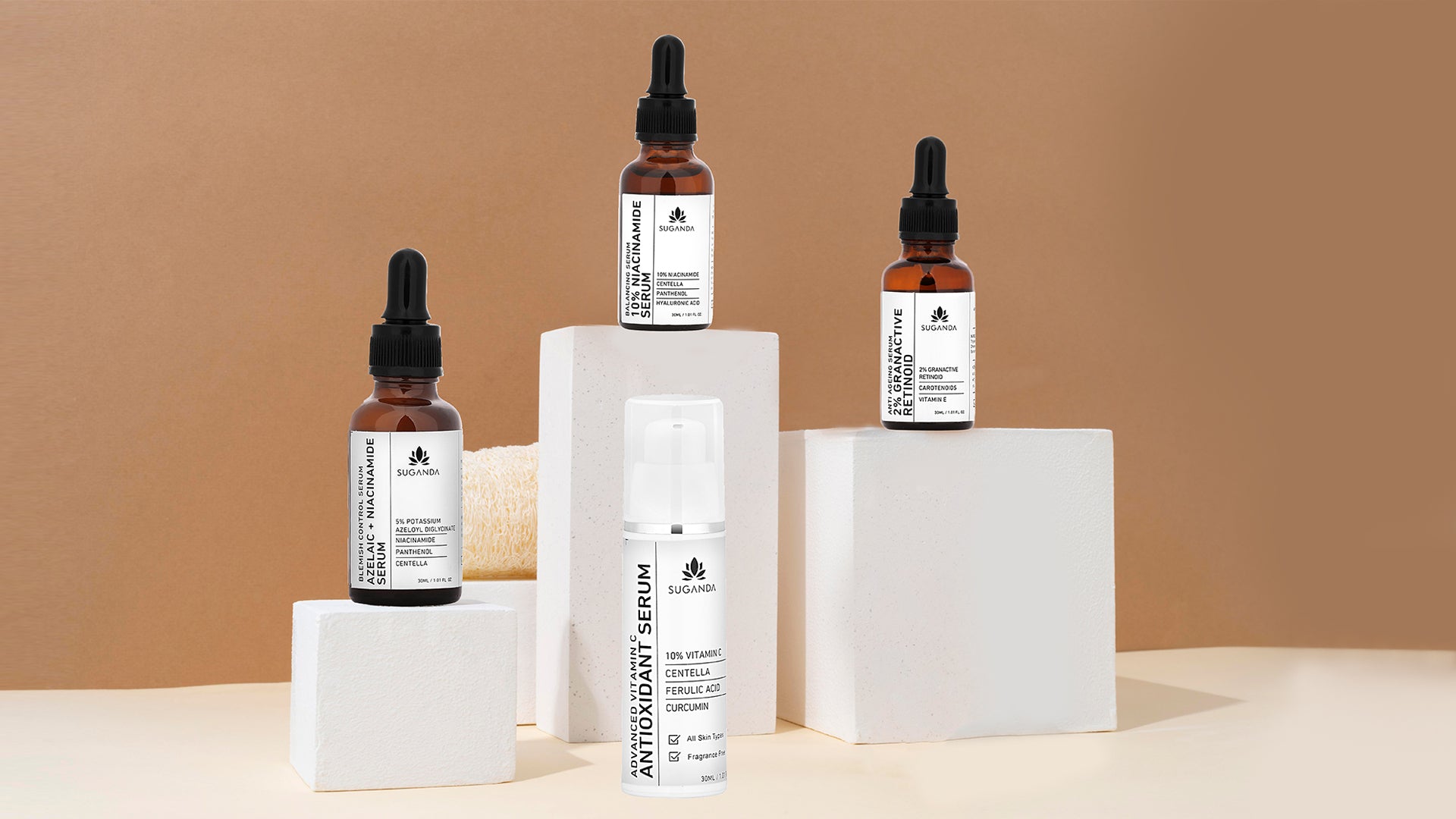Acne has become a problematic skin condition for many people. A pimple that comes from nowhere becomes very annoying and frustrating but the situation gets worse when it leaves behind a dark spot or scar. American Academy of dermatology considers acne scarring as a part of the healing process where skin tries to correct what has been damaged by the breakout. The process involves the production of collagen that enables the skin to be renewed.
Some of the people are lucky enough to have spots after the breakout that come and go without leaving a scar. But for most people, these scars become quite stubborn and lead to an emotional toll, and ultimately become the reason for self-consciousness and embarrassment.
Are you wondering how to regain your clear skin and get rid of these scars? Nothing to be worried about as there are several ways you can follow to lighten them. You just need to be consistent as all of these treatment options take time to work.
Let’s go through the process of lightening the acne scars!
Sunscreen is a Must
The very first rule of thumb is to get a good sunscreen to apply. Many dermatologists have agreed upon the fact that visible light and UV rays coming from the sun further darken the acne spots. Also, if you are on acne treatment that mostly involves ingredients like salicylic acid and retinoid, your skin becomes more prone and vulnerable to UV rays and sunburns. Therefore, it is very necessary to wear sunscreen on daily basis. However, the sunscreen you are choosing for your acne-prone skin should be non-greasy, lightweight, oil-free, and non-comedogenic (do not clog pores). The wrong product can even aggravate the situation. Therefore, use a sunscreen recommended by your dermatologist.
Ingredients that can help lighten acne scars
There are some powerful ingredients you can use, that are proven to lighten the stubborn acne scars:
Vitamin C
Vitamin C is an antioxidant that neutralizes free radicals and reduces redness. Its healing properties accelerate the production of collagen and increase the cell turn over thus lightening the scars.
Retinol
Topical retinol or retinoid is very helpful in lightening acne scars as it blocks inflammation, lessens acne lesions, and speeds up cell regeneration. The production of new cells fades the acne marks and thus helps in preventing hyperpigmentation.
Azelaic acid
It is a natural acid found in grains like wheat and barley. It has been found very helpful in treating acne and its scars. It works by reducing inflammation, clearing pores, and increasing cell turnover so that your skin goes on the verge of quick healing reducing the acne marks
Niacinamide
Niacinamide is another ingredient you can look up to for fading your acne scars. It treats post-acne hyperpigmentation by obstructing the transfer of melanin to the surface of the skin. Unlike other products is very soothing and not affected by light, oxidizers, or moisture.
PIH or PIE
The time is taken and the effectiveness of the product also depends on the type and nature of scars. It can be post-inflammatory hyperpigmentation (PIH) causing brown or black marks usually in people with dark skin tone and Post-inflammatory erythema (PIE) producing red marks in people with light skin tone. Identifying the right scar and treating it accordingly is very important. There is no shortcut to clearing acne scars but a long process, which depends upon the efficiency of serum you are applying, the current condition of your acne, and your age. Overall, for any good product, it takes a minimum of 3 to 6 months to heal your acne and fade the scars. So do not rush and be consistent!
Some people opt to go through a clinical process to treat their scars, which involves a laser, chemical peeling, fillers, micro-needling (collagen induction therapy), injections, surgery, etc. However, it may become unaffordable for many. A proper skincare routine including sunscreen and a good product with ingredients mentioned above can do the same and handle the acne effectively and affordably. It is worth mentioning here to avoid physical exfoliators rather than chemical exfoliators as mentioned above as physical exfoliation can worsen the marks by even darkening them, also it can be very harsh for the skin.







 +91 9347578980
+91 9347578980